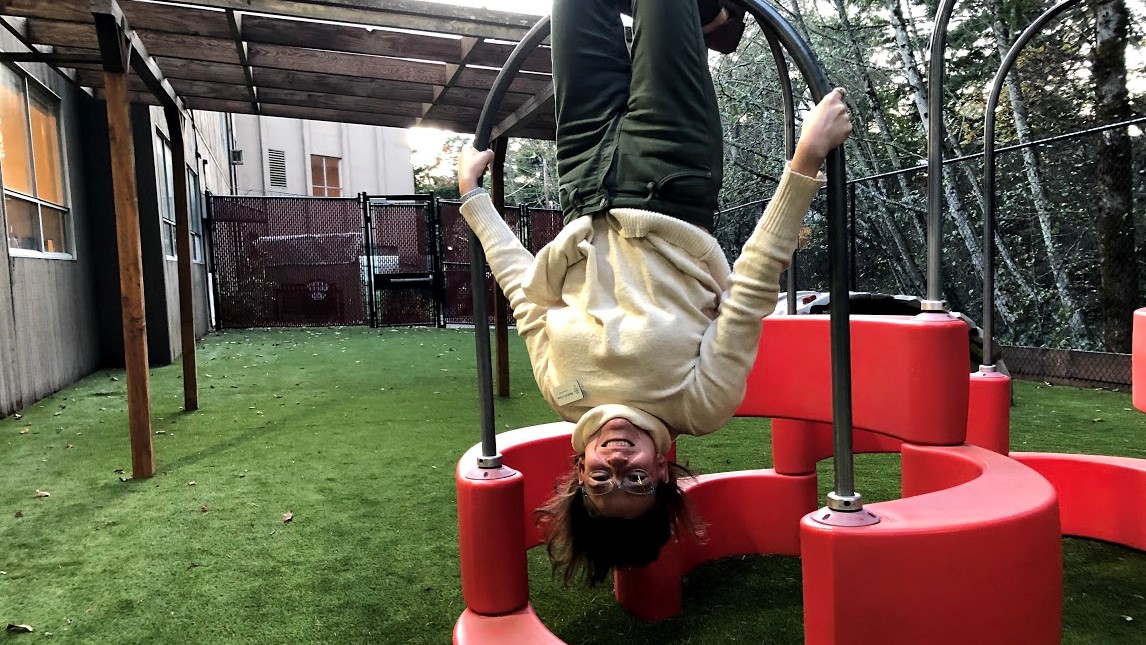You know the famous witticism: “Age is an issue of mind over matter. If you don’t mind, it doesn’t matter.” I was probably a teenager when I first heard it, and suffice it to say, it didn’t resonate with me at the time. However, as I’ve aged and as those I love have aged, it has started to take on real meaning. Some days I feel young and spry, on top of my game. Other days my back hurts, my legs creak, and I walk into a room of 7th graders and feel instantly ancient. Most days, though, it doesn’t matter. I’m somewhere in between, simply being me – learning, growing, working, and living life.

The old quip of mind over matter is even more relevant now, since the average life expectancy is much longer than it used to be, and we’re much more adept at living well into later and later years. In the Torah, interestingly, age really is just a number. It doesn’t seem to mean much, other than suggesting you had a very long life.
This week we read Parshat Chayei Sarah, in which we learn about Abraham and Sarah and their continued journey to raise their son Isaac to the huppah and a life of good deeds. Our reading begins with the death of Sarah and Abraham looking for a proper place to bury his wife. Immediately after Sarah’s burial, Abraham sets out to find a life partner for his son, hoping to ensure that he has comfort and support as he mourns his mother. The text continues with Isaac and Rebekah meeting, marrying, and falling in love, and it ends with the death of Abraham.
Chapter 24 begins with the observation that Abraham was now old, advanced in years. The word that the Torah uses is zaken, which is the modern word for a beard. This observation was not meant merely to note his chronological age, but to note that he has the wisdom and maturity that accompany the years he’s had on the earth. Zaken is also further interpreted in the midrash to stand for Zeh KaNah hochma, which means “this one has acquired wisdom.”
The Torah never minces words or adds words without reason. The notation of Abraham’s age in this way is meant to remind the reader that Abraham was both older and wiser. In Abraham’s case, his age didn’t mean his mind was any less sharp; it meant he had experienced the world and learned from it.
Many of our notions about age truly are mind over matter, as long as we appreciate and learn from the experiences we’ve had. Imagine if the lens we used to view those around us was not one of judgment based on the number of years on the planet, but one that allowed us to see and value experience and learning. You’re never too old for that.
– Rabbi Eve Posen



